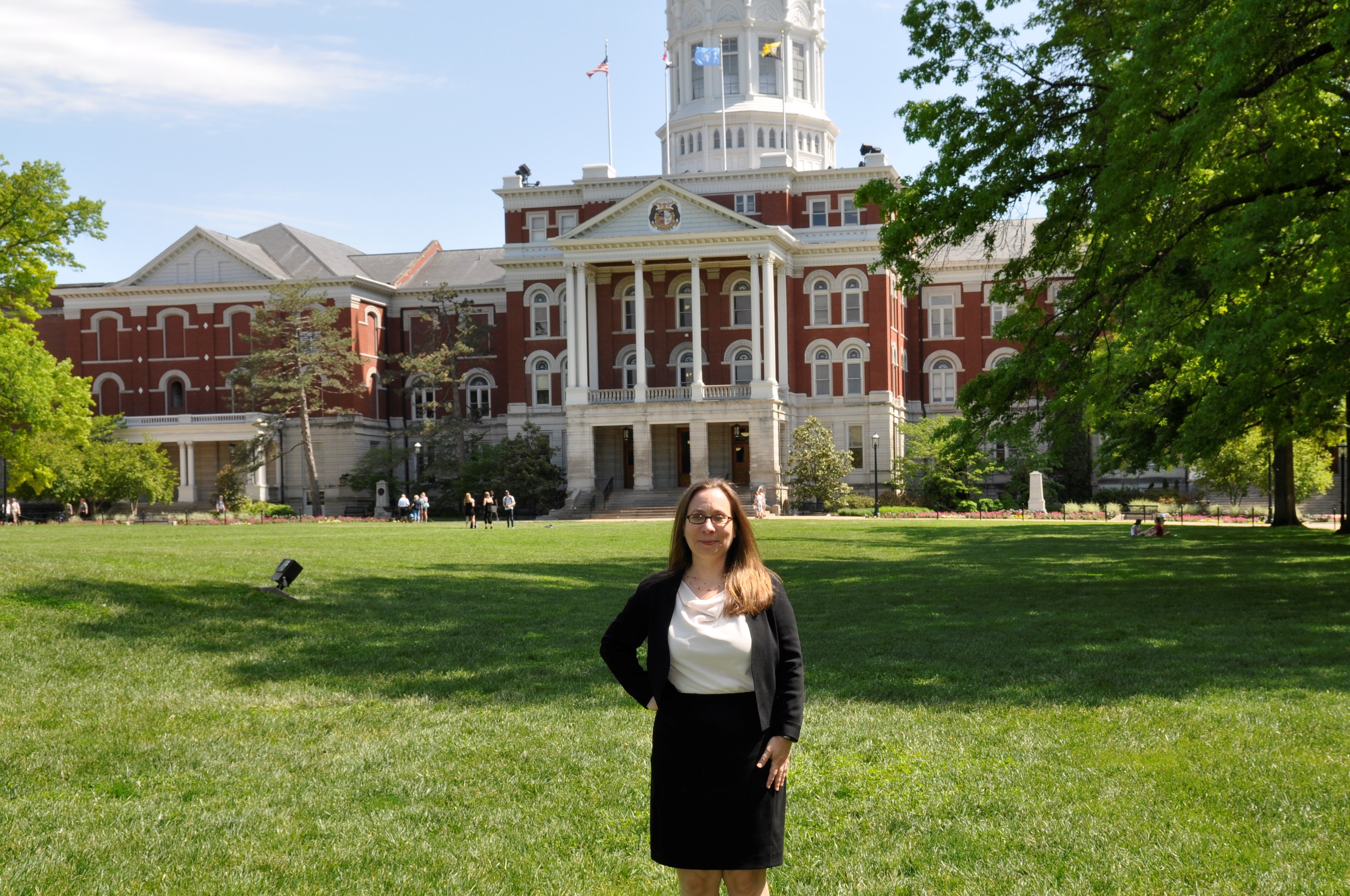May 30, 2019
Editors are like dentists. They might cause pain or discomfort, but ultimately the finished product is better off because of their attention to detail. Recently, two professors in the Department of Communication at the University of Missouri were selected as editors for two of the most prestigious peer-reviewed publications in the field of communication research.
The National Communication Association, a membership-based scholarly society, named Debbie S. Dougherty, a professor of communication, as editor-in-chief of the Journal of Applied Communication Research for 2018-2020. The peer-reviewed journal publishes cutting edge communication research that contributes to knowledge about how people communicate across diverse fields. Dougherty is intrigued by the journal’s ability to address the relationship between theory and practice in understanding communication.

“The Journal of Applied Communication Research has always been my favorite journal because of its simultaneous focus on advancing our scholarly understanding of the field while helping practitioners use academic work in important ways,” Dougherty said.
Associate professor of communication Rebecca J. Meisenbach was named editor-in-chief of Management Communication Quarterly for 2019-2021. As the flagship journal for organizational communication research, Management Communication Quarterly is an essential resource for scholars of both organizational research and managerial practice. Meisenbach sees the journal as an intellectual home for organizational communication scholars.
“The opportunity to support new scholars and develop relationships with scholars around the world is energizing and inspiring,” Meisenbach said.

Additionally, Meisenbach has been elected to serve a three-year term on the National Communication Association’s Publications Council. Members of the Publications Council are appointed for their visibility in the discipline and editorial experience. Brian Houston, chair of the Department of Communication, said the editor-in-chief appointments demonstrate the rigorous scholarship taking place at MU.
“It is particularly unusual for one department to have multiple faculty members editing journals that are ranked with an International Scientific Indexing impact factor, which is the measure reflecting the average yearly number of citations given to recent articles published in a journal,” Houston said. “These high-profile editorships illustrate the research strength and reputation of the MU Department of Communication.”
As editors-in-chief, Dougherty and Meisenbach will oversee the peer-review process and make decisions about final content. The professors will work with editorial boards and a slate of reviewers who evaluate and provide feedback on the submitted pieces. Additionally, the editorships offer unique professional development opportunities for graduate students.
“There are few experiences as valuable for graduate students interested in a career in academia as serving as an editorial assistant for a research journal,” Houston said. “Through this experience, students get to see firsthand what constitutes successful and unsuccessful research articles. They are exposed to the most cutting-edge scholarship as manuscripts are submitted and they interact with and become known by scholars across the field.”



